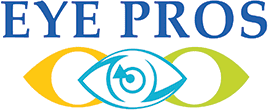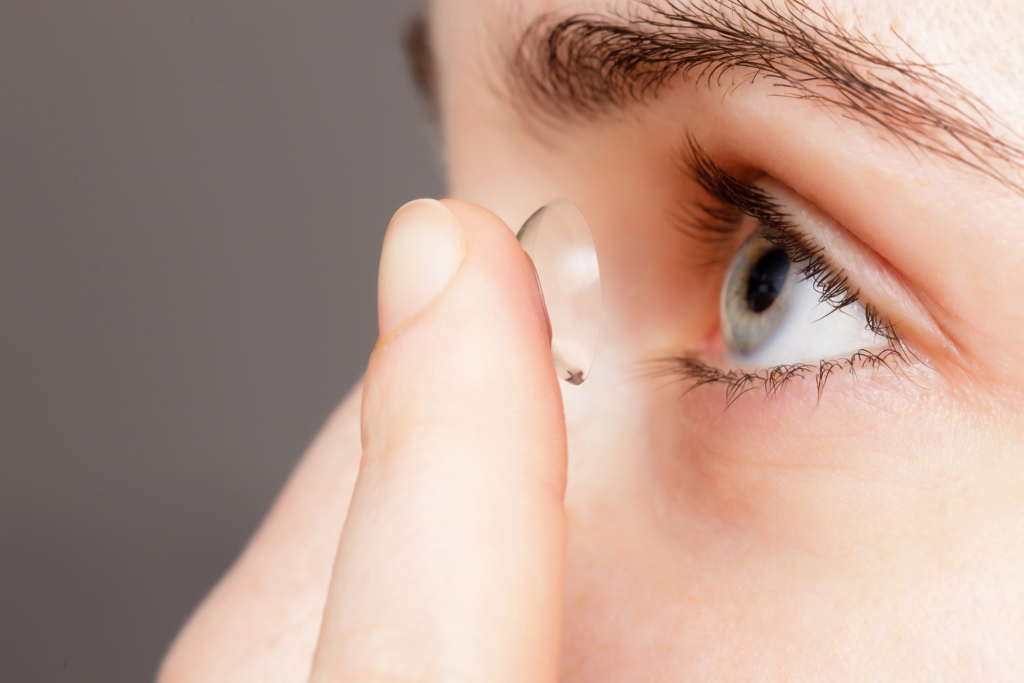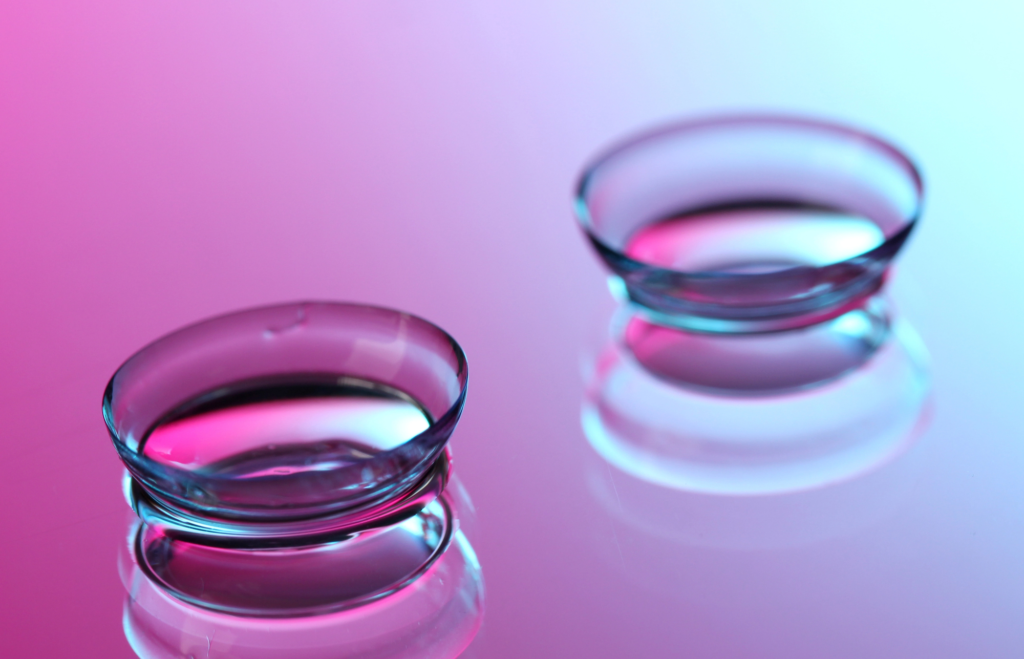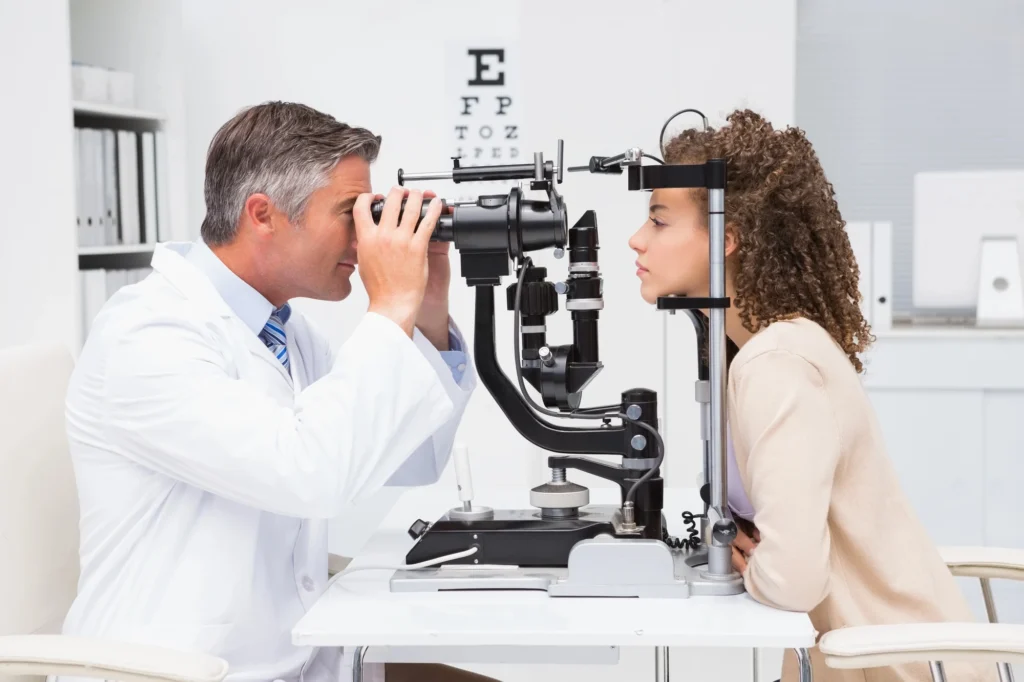If you find yourself struggling with itchy eyes at night, you’re not alone. Many people experience this uncomfortable issue, often worsened by factors like allergies, dry eyes, or prolonged screen use before bed. Itchy eyes can disrupt your sleep, leave you feeling irritated, and lead to other symptoms such as redness, tearing, and swelling. While rubbing itchy eyes might provide temporary relief, it often makes the problem worse by introducing more irritants and further aggravating the eyes.
At Eye Pros, we understand how frustrating nighttime eye irritation can be. Whether it’s due to dry air, allergens, or even poor eye hygiene, it’s essential to address the underlying cause of the itching. In this article, we’ll explore common itchy eyes causes, effective itchy eyes treatments, and when you should consult an eye doctor for more serious concerns. Whether you’re dealing with itchy eyes at night in kids or adults, understanding the triggers and remedies will help you achieve relief and better eye health.
Causes of Itchy Eyes at Night
Understanding the underlying itchy eyes is key to finding the right solution. While itchy eyes can happen at any time, many people experience the problem more severely at night due to various factors.
Allergies
Allergies are one of the most common causes of itchy eyes at night. When you’re exposed to allergens such as dust mites, pet dander, or mold while you sleep, it triggers an allergic response that leads to itchy, red, and swollen eyes. Seasonal allergies, especially during spring and fall, can also cause itchy eyes at night due to increased pollen exposure. If you’re experiencing these symptoms, it’s essential to identify and minimize exposure to allergens in your home.
Dry Eyes
Dry eyes are another frequent culprit of nighttime itching. The lack of adequate tear production or poor tear quality can result in dryness and irritation, especially when exposed to dry air from fans or air conditioning. This condition, known as nocturnal lagophthalmos, occurs when your eyes don’t fully close while sleeping, leading to dryness and discomfort. Applying itchy eye drops before bed can help alleviate some of the symptoms of dryness.
Eye Strains from Screens
Prolonged exposure to screens before bed can also lead to itchy eyes at night. Excessive screen time reduces blink rate, which dries out the eyes and causes discomfort. This can worsen when compounded by low light environments, which strain the eyes even more.
Contact Lens Use
Wearing contact lenses for too long or improper lens hygiene can lead to rubbing itchy eyes at night. Contact lenses trap allergens and irritants, and when worn for extended periods, they can cause inflammation and dryness. Switching to glasses before bed can help your eyes “breathe” and reduce nighttime irritation.
Irritants in the Environment
Environmental factors such as smoke, pollution, or even strong cleaning products can irritate your eyes, especially at night when you’re exposed to these irritants for long periods in an enclosed space. Ensuring your bedroom is free from irritants can go a long way toward reducing itchy eyes at night.
By identifying the cause of your itchy eyes, you can take steps to prevent them from worsening. If you continue to experience discomfort despite making changes, it may be time to consult an eye doctor for a proper diagnosis and targeted itchy eyes treatment.
Home Remedies and Treatment Options
Addressing itchy eyes at night often requires a combination of home remedies and professional treatments. By identifying the root cause and applying the right remedies, you can find relief from the discomfort and get back to restful sleep. Below are some effective ways to manage itchy eyes:
Use Artificial Tears
One of the simplest and most effective remedies is using itchy eyes drops, specifically artificial tears. These eye drops help lubricate the eyes, reducing dryness and irritation, especially if dry eyes are causing the itching. Opt for preservative-free versions, as they are gentler on the eyes and can be used more frequently without irritation.
Warm and Cool Compress
For those suffering from conditions like blepharitis (inflammation of the eyelids) or dry eyes, alternating between warm and cool compress can provide immediate relief. A warm compress helps to loosen debris and oil buildup in the eyelids, while a cool compress can reduce inflammation and soothe itchy eyes.
Humidifiers
If dry air is a contributing factor, especially during the colder months or in air-conditioned rooms, using a humidifier in your bedroom can prevent your eyes from drying out overnight. Moist air can help keep your eyes hydrated, minimizing discomfort.
Allergen Management
Allergies are a leading cause of itchy eyes at night, and managing allergens in your sleeping environment is crucial. Consider the following tips:
- Use allergen-proof pillows and bedding.
- Keep pets out of the bedroom, especially if you’re allergic to pet dander.
- Vacuum and dust regularly to reduce dust mites and other irritants.
Proper Contact Lens Care
For contact lens wearers, practicing good hygiene is essential to avoid irritation. Ensure that you’re cleaning your lenses as directed and switching to glasses in the evening to give your eyes a break. Poor contact lens hygiene can lead to eye infections or exacerbate itchy eyes.
Avoid Rubbing Your Eyes
While rubbing itchy eyes might seem like a quick fix, it often worsens the problem by introducing more irritants and potentially causing damage to the eye’s delicate tissues. Instead, blink more frequently to naturally lubricate your eyes or apply lubricating eye drops to relieve the itch.
If these remedies don’t offer enough relief, it’s best to seek professional help from an eye doctor. They can provide more tailored itchy eyes treatment options based on your specific symptoms and the underlying cause.
When to See an Eye Doctor
While home remedies and self-care can offer relief for many cases of itchy eyes at night, there are times when professional care from an eye doctor is essential. If your symptoms persist or worsen, it may indicate a more serious underlying issue that requires medical attention.
Here are some signs that it’s time to schedule a visit with an eye care professional:
Persistent Symptoms
If you’ve tried home treatments like artificial tears, warm compress, or allergen management but are still experiencing itchy eyes at night, it’s a good idea to consult an eye doctor. Persistent symptoms could be a sign of chronic conditions such as blepharitis or dry eye syndrome that require specialized treatment.
Accompanying Symptoms
If you notice additional symptoms such as blurry vision, eye pain, discharge, or swelling, it’s important to see an eye doctor right away. These could indicate more serious conditions like conjunctivitis (pink eye), infections, or even issues related to your corneas, which require immediate professional care.
Eye Irritation in Children
If you’re dealing with itchy eyes at night in kids, and the condition doesn’t improve with basic remedies, it’s essential to get a thorough eye exam. Children may struggle with allergies, uncorrected vision problems, or even infections, and early diagnosis can prevent long-term discomfort and complications.
Frequent Use of Over-the-Counter Drops
While itchy eyes drops can provide temporary relief, using them too frequently without addressing the root cause can lead to dependency or mask a more serious condition. An eye doctor can provide prescription eye drops or recommend treatments tailored to your needs, ensuring that the problem is resolved rather than just temporarily alleviated.
Discomfort with Contact Lens
If your contact lenses are causing itchy eyes, it may be time to switch to a different type of lens or reevaluate your cleaning routine. An eye doctor can help identify whether your lenses are contributing to the issue and suggest alternatives such as daily disposables or specialized lenses for dry eyes.
Seeking timely care from an eye doctor ensures that you get a proper diagnosis and effective treatment, preventing the problem from worsening over time. If you’re unsure whether your symptoms require professional care, it’s always better to err on the side of caution and schedule an appointment for a comprehensive eye exam.
FAQs About Itchy Eyes at Night
Why is my eye only itchy at night?
Your eye might be itchy at night due to allergens like dust mites or pet dander in your bedroom, dry air, or eye strain from screen use during the day. Environmental factors and air circulation at night can also worsen eye dryness.
How do I stop my eyes from getting itchy in my sleep?
Use lubricating eye drops before bed to hydrate your eyes. If dry air is an issue, consider using a humidifier. Removing contact lenses before sleeping and avoiding eye rubbing can help prevent irritation while you sleep.
What disease causes itchy eyes?
Conditions like allergic conjunctivitis, dry eye syndrome, blepharitis, and eczema can all cause itchy eyes. If your symptoms persist, it’s important to see an eye doctor for proper diagnosis.
Can itchy eyes be serious?
Itchy eyes are usually caused by minor irritants, but they can signal a more serious issue like an infection, allergic conjunctivitis, or a chronic condition. If itching is accompanied by swelling, pain, or blurred vision, consult an eye doctor.
How do you calm itchy eyes?
You can soothe itchy eyes with cool compresses or over-the-counter artificial tears. Avoid allergens, and ensure your environment is clean. If symptoms continue, seek professional treatment from an eye doctor.
Itchy eyes at night can be more than just an irritation—they can disrupt your sleep and even signal an underlying issue that needs attention. Whether it’s caused by allergens, dry eyes, or eye strain, understanding the root cause is key to finding relief. If your symptoms persist, or home remedies aren’t providing the relief you need, it’s time to seek professional help from an eye doctor.
At Eye Pros, we’re dedicated to diagnosing and treating eye conditions that impact your daily life. Our expert team will identify the cause of your itchy eyes and provide personalized treatment options for long-term relief.
Don’t wait! Book your comprehensive eye exam today at Eye Pros and begin your journey to clearer, more comfortable vision. Let us help you protect your eyes and improve your quality of life. Schedule your appointment now!





